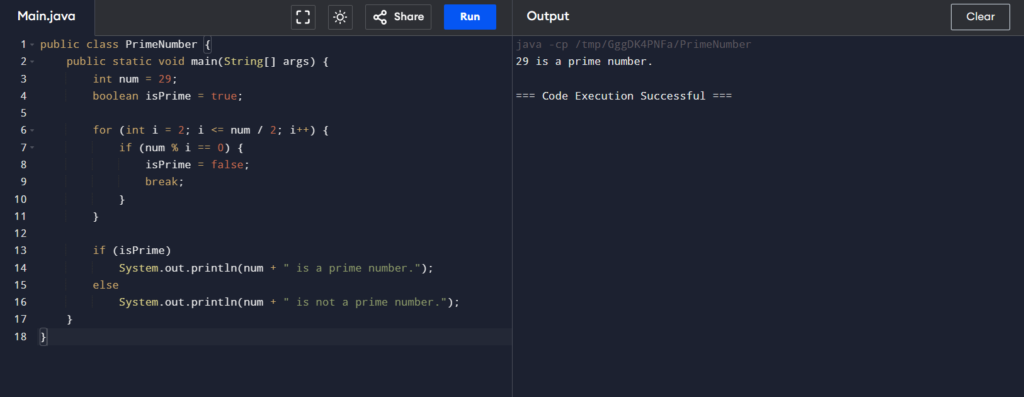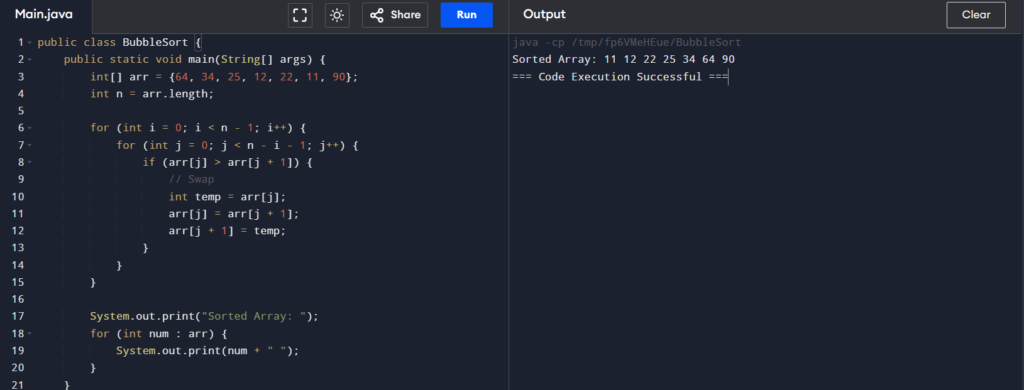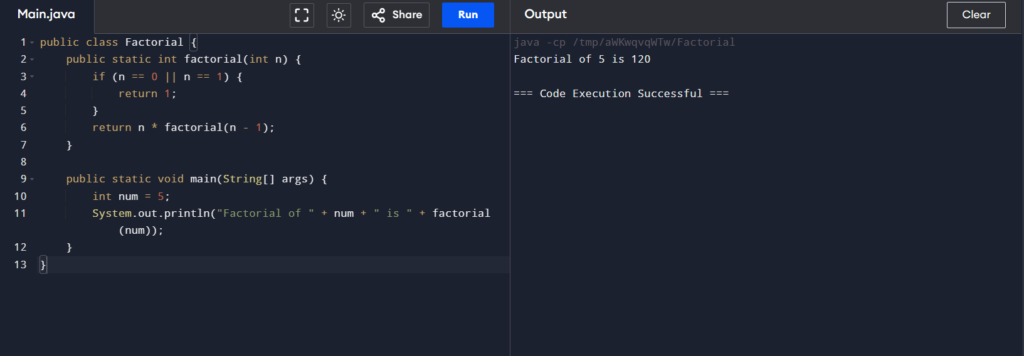
Most Popular Java Program Questions for 2025
Most Popular Java Program Questions
Java has consistently stood as one of the most popular programming languages for students, developers, and tech enthusiasts worldwide. Its versatility, object-oriented nature, and robust ecosystem make it a go-to language for building everything from mobile apps to large-scale enterprise systems. As we approach 2025, Java remains a crucial skill for anyone looking to enter the world of programming or advance their career in software development. Whether you’re preparing for interviews, exams, or simply refining your skills, knowing the most commonly asked Java programming questions is key.

1. Reverse a String in Java
A classic problem that is often asked in coding interviews, the challenge of reversing a string tests your understanding of string manipulation and loops.
Example Problem:
public class ReverseString {
public static void main(String[] args) {
String str = "JavaProgramming";
String reversed = "";
for (int i = str.length() - 1; i >= 0; i--) {
reversed += str.charAt(i);
}
System.out.println("Reversed String: " + reversed);
}
}

2. Find the Fibonacci Series
The Fibonacci sequence is a common exercise for learning recursion, loops, and basic algorithm optimization.It is a sequence of integers, usually beginning with 0 and 1, where each number is the sum of the two numbers before it.
Example Problem:
public class Fibonacci {
public static void main(String[] args) {
int n = 10;
int a = 0, b = 1, c;
System.out.print("Fibonacci Series: " + a + " " + b);
for (int i = 2; i < n; i++) {
c = a + b;
System.out.print(" " + c);
a = b;
b = c;
}
}
}
Download New Real Time Projects :-Click here
3. Check if a Number is Prime
Any number that can only be divided by 1 and itself is considered prime.This is another fundamental problem that demonstrates your understanding of loops and conditional statements.
Example Problem:
public class PrimeNumber {
public static void main(String[] args) {
int num = 29;
boolean isPrime = true;
for (int i = 2; i <= num / 2; i++) {
if (num % i == 0) {
isPrime = false;
break;
}
}
if (isPrime)
System.out.println(num + " is a prime number.");
else
System.out.println(num + " is not a prime number.");
}
}
4. Palindrome Checker
A palindrome is a word, phrase, or sequence that reads the same backward as forward. This is another common problem that checks your ability to manipulate strings and arrays.
Example Problem:
public class Palindrome {
public static void main(String[] args) {
String str = "madam";
String reverse = "";
for (int i = str.length() - 1; i >= 0; i--) {
reverse += str.charAt(i);
}
if (str.equals(reverse))
System.out.println(str + " is a palindrome.");
else
System.out.println(str + " is not a palindrome.");
}
}
https://updategadh.com/category/php-project
5. Sort an Array Using Bubble Sort
In computer science teaching, sorting algorithms such as Bubble Sort are fundamental.Although more efficient algorithms (like Merge Sort or Quick Sort) are often preferred, understanding Bubble Sort helps build a foundation for sorting techniques.
Example Problem:
public class BubbleSort {
public static void main(String[] args) {
int[] arr = {64, 34, 25, 12, 22, 11, 90};
int n = arr.length;
for (int i = 0; i < n - 1; i++) {
for (int j = 0; j < n - i - 1; j++) {
if (arr[j] > arr[j + 1]) {
// Swap
int temp = arr[j];
arr[j] = arr[j + 1];
arr[j + 1] = temp;
}
}
}
System.out.print("Sorted Array: ");
for (int num : arr) {
System.out.print(num + " ");
}
}
}
6. Find the Largest Element in an Array
Finding the maximum value in an array is a simple task but helps reinforce your understanding of arrays and iteration.
Example Problem:
public class LargestElement {
public static void main(String[] args) {
int[] arr = {3, 5, 7, 2, 8, 1};
int largest = arr[0];
for (int i = 1; i < arr.length; i++) {
if (arr[i] > largest) {
largest = arr[i];
}
}
System.out.println("Largest Element: " + largest);
}
}
7. Implement a Simple Calculator
A common problem that tests the use of switch-case statements and user input handling, the task is to create a calculator capable of performing basic arithmetic operations.
Example Problem:
import java.util.Scanner;
public class Calculator {
public static void main(String[] args) {
Scanner sc = new Scanner(System.in);
System.out.print("Enter first number: ");
double num1 = sc.nextDouble();
System.out.print("Enter second number: ");
double num2 = sc.nextDouble();
System.out.print("Enter operator (+, -, *, /): ");
char operator = sc.next().charAt(0);
double result;
switch (operator) {
case '+':
result = num1 + num2;
break;
case '-':
result = num1 - num2;
break;
case '*':
result = num1 * num2;
break;
case '/':
if (num2 != 0) {
result = num1 / num2;
} else {
System.out.println("Error! Division by zero.");
return;
}
break;
default:
System.out.println("Invalid operator!");
return;
}
System.out.println("Result: " + result);
}
}
8. Find the Factorial of a Number
The product of all positive integers that are less than or equal to a given number is its factorial. It’s a typical problem used to test your understanding of loops and recursion.
Example Problem (Using Recursion):
public class Factorial {
public static int factorial(int n) {
if (n == 0 || n == 1) {
return 1;
}
return n * factorial(n - 1);
}
public static void main(String[] args) {
int num = 5;
System.out.println("Factorial of " + num + " is " + factorial(num));
}
}
- java coding test questions and answers
- java coding questions
- java programming questions and answers pdf
- java programming questions for beginners
- java coding interview questions for experienced professionals
- java coding questions for 5 years experience
- Most Popular Java Program Questions
- java coding interview questions for 10 years experience
- java coding interview questions for freshers
- most popular java program questions and answers
- most popular java program questions for interview
- Most Popular Java Program Questions for 2025: A Professional Guide for Aspirants
- Most Popular Java Program Questions for 2025
- Most Popular Java Program Questions
- Most Popular Java Program Questions
















Post Comment